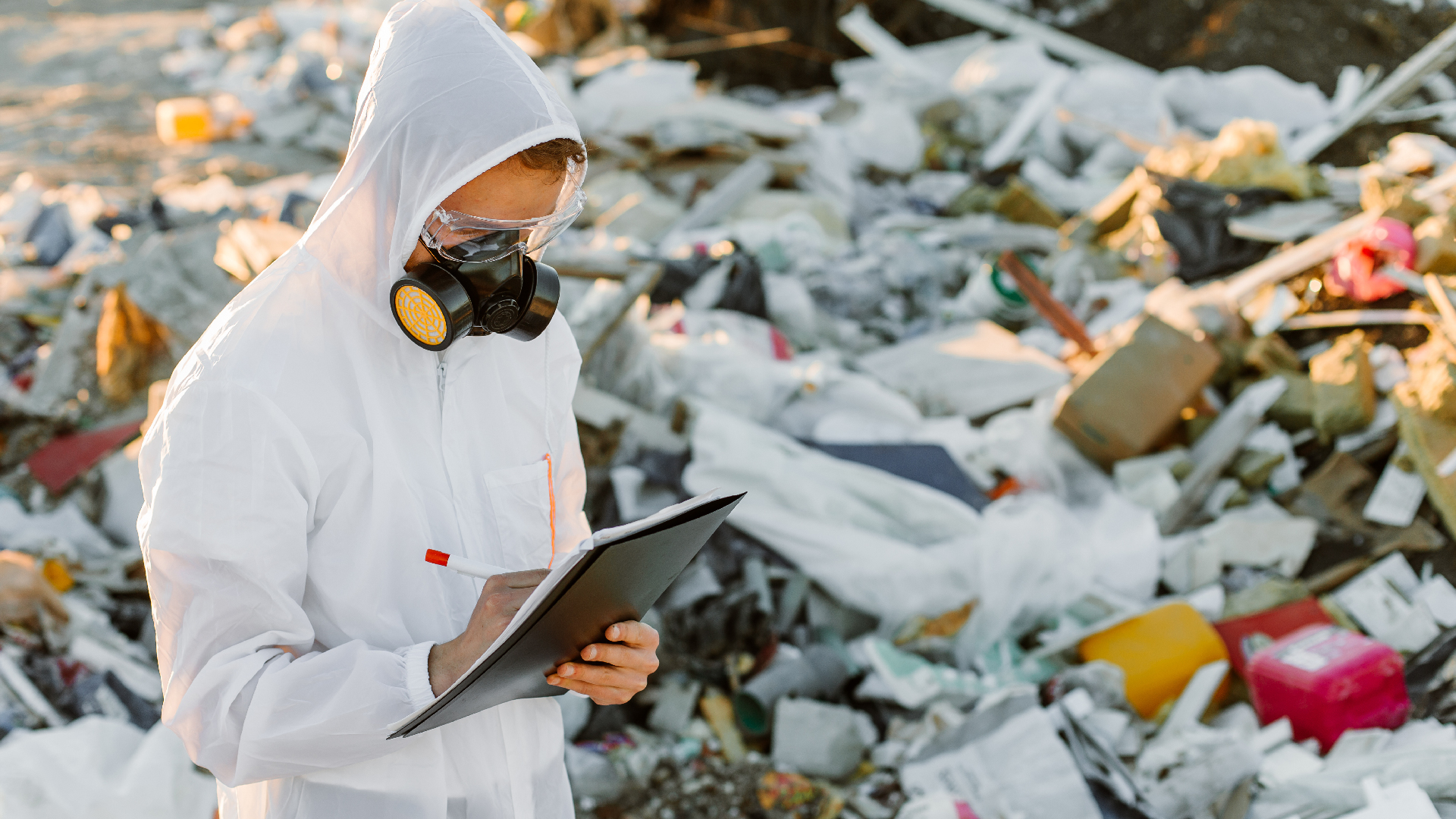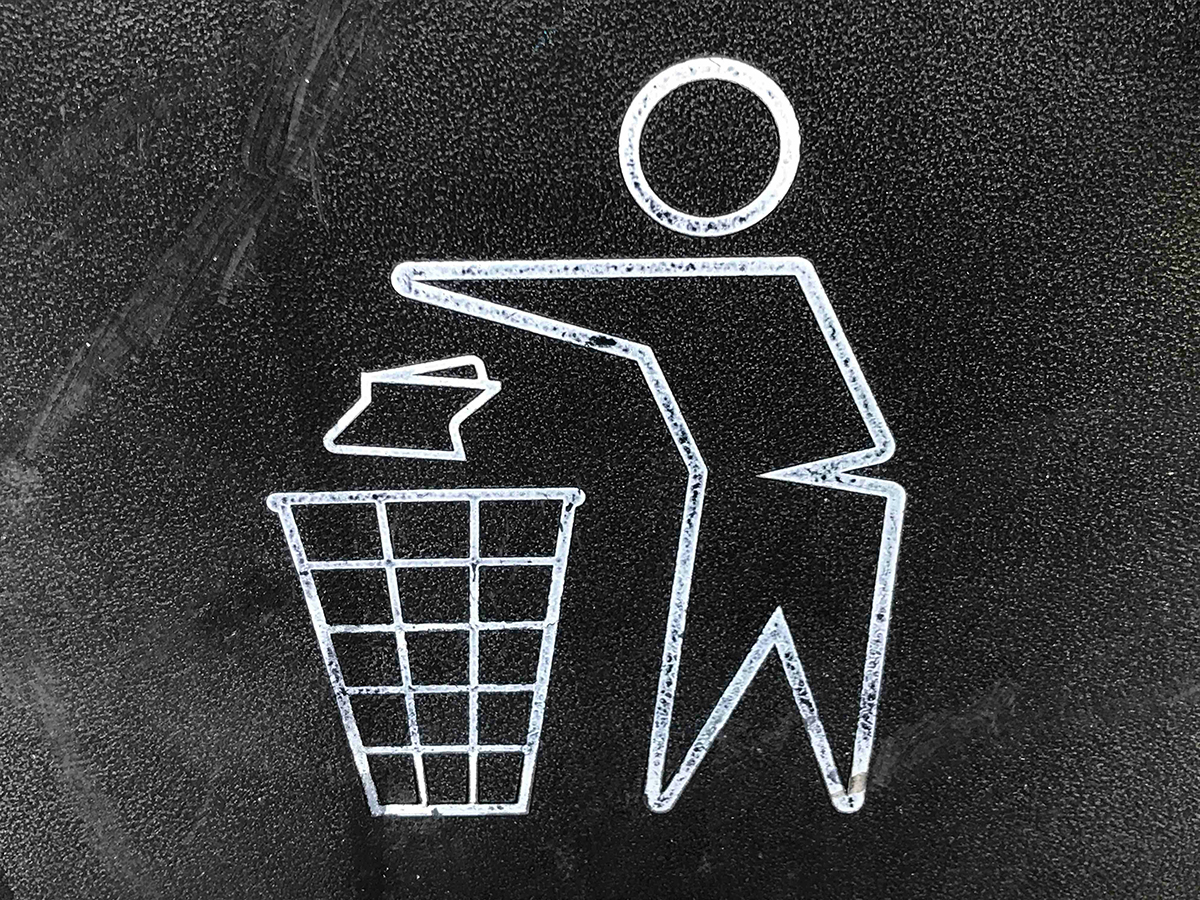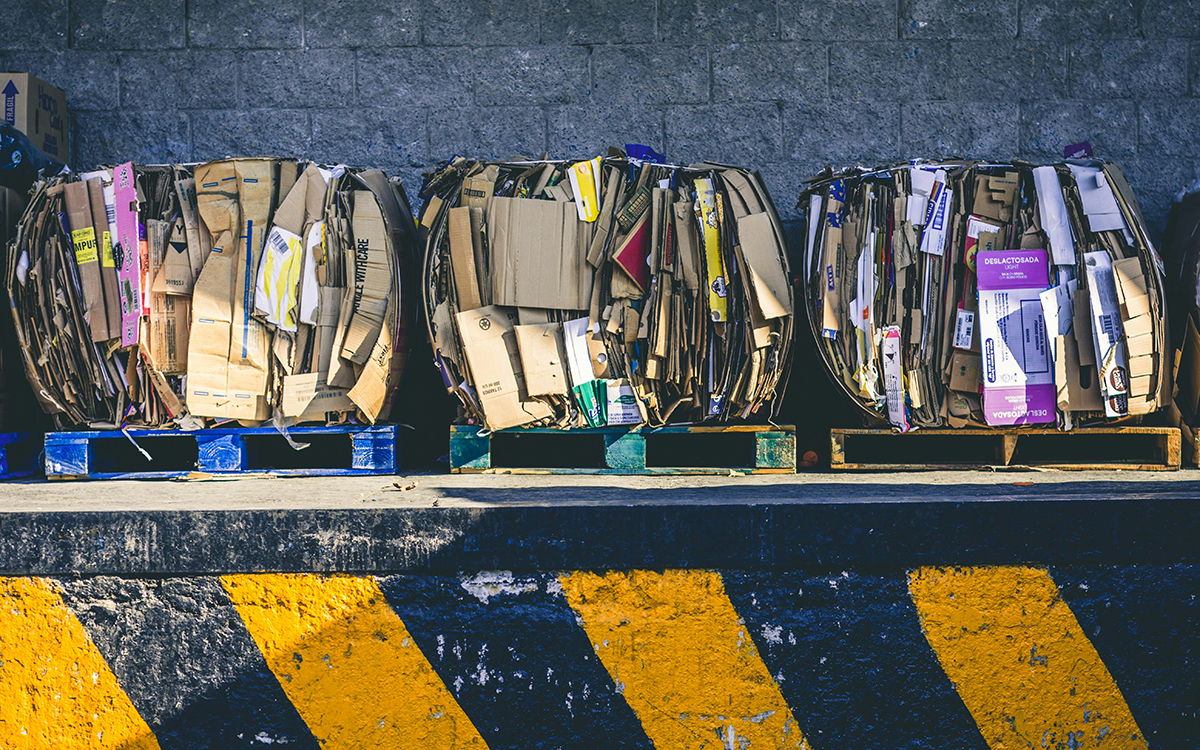Waste and hazardous goods transportation
Their proper management for the protection of health, the environment, and safety.
Waste management and the transportation of hazardous goods requires strict management protocols. Their correct handling, storage and disposal are fundamental in order to avoid environmental pollution and legal risks to the company.
 Legislative Decree 152/2006, known as the Environmental Code (TUA), is the main regulatory reference in Italy for environmental protection. It regulates key aspects related to waste management, water protection, air pollution, remediation of contaminated sites, and more. Specifically, Part Four is dedicated to waste management and the remediation of contaminated sites, representing the fundamental regulatory framework for the management, collection, treatment, transport, and disposal of waste in Italy. It aligns with the European Directive 2008/98/EC and subsequent amendments, incorporating principles of circular economy and sustainability.
Legislative Decree 152/2006, known as the Environmental Code (TUA), is the main regulatory reference in Italy for environmental protection. It regulates key aspects related to waste management, water protection, air pollution, remediation of contaminated sites, and more. Specifically, Part Four is dedicated to waste management and the remediation of contaminated sites, representing the fundamental regulatory framework for the management, collection, treatment, transport, and disposal of waste in Italy. It aligns with the European Directive 2008/98/EC and subsequent amendments, incorporating principles of circular economy and sustainability.
Our experts will be able to support you in this delicate issue by performing:
- Site inspections to verify the correct management of temporary waste storage: These activities are essential tools to ensure that waste management complies with current regulations. These checks can be conducted by competent authorities, such as regional Environmental Protection Agencies (ARPA), the Environmental Carabinieri (NOE), local police forces, or other designated authorities, following reports or as part of scheduled inspections.
- Specialized technical assistance in compliance with Legislative Decree 152/06 as amended: This includes regulatory (MUD) and administrative (accurate completion of forms and the load-unload register) compliance. The MUD (Modello Unico di Dichiarazione Ambientale, or Single Environmental Declaration Model) is an essential tool for the traceability of waste in Italy. It is an annual communication that obligated parties must submit to declare data related to the production, management, and disposal of waste handled in the previous year. The MUD is regulated by Legislative Decree 152/2006 (Part Four, Article 189) concerning waste traceability and by a Prime Ministerial Decree, which is updated periodically to define the format and the compilation procedures. When and How to Submit the MUD?
When and How to Submit the MUD?
The deadline for submitting the Modello Unico di Dichiarazione Ambientale (MUD) for waste handled in 2024 is set for June 28, 2025.
The declaration must be submitted electronically to the competent Chamber of Commerce based on the territory—specifically, the province where the local unit related to the declaration is located.
Who Must Submit the MUD?
The following entities are obligated to submit the Modello Unico di Dichiarazione Ambientale (MUD):
- Initial Producers of Hazardous Waste.
- Companies and Entities with More Than 10 Employees Producing Non-Hazardous Waste Derived from:
- Industrial processing.
- Artisanal processing.
- Waste treatment and wastewater activities.
- Waste Management Operators:
- Treatment, disposal, and recovery plants.
- Waste traders and intermediaries without storage.
Consortia and collective systems (e.g., CONAI for packaging waste).
The Registro Elettronico Nazionale per la Tracciabilità dei Rifiuti (RENTRI) is a digital system introduced to enhance waste traceability in Italy. It will gradually replace traditional paper-based methods, such as: the Formulario di Identificazione Rifiuti (FIR), the Load and Unload Register, some sections of the MUD
 - Consulting for proper waste classification and providing comprehensive and efficient support.
- Consulting for proper waste classification and providing comprehensive and efficient support.
This is an essential aspect to ensure compliance with regulations and to avoid penalties or environmental risks. Providing comprehensive consulting in this area requires a structured approach, starting with a preliminary analysis of business activities to define a customized plan, supported by environmental, technical, and legal experts.
- Regulations on the transport of hazardous goods and waste by road, in compliance with ADR regulations, and by air, in accordance with IATA regulations.
The ADR (Accord européen relatif au transport international des marchandises dangereuses par route) is an international agreement that regulates the transport of hazardous goods by road. It was adopted under the auspices of the United Nations (UN) and is periodically updated. In Italy, Legislative Decree 35/2010 transposes the ADR regulations and governs their application at the national level, including obligations for both domestic and international transport. The air transport of hazardous goods and waste is instead regulated by the IATA DGR (Dangerous Goods Regulations), which is based on the provisions of the ICAO Technical Instructions—the internationally recognized standard for the air transport of dangerous goods.
Would you like to delve deeper into the topic?
Request a personalized consultation from our experts!
REQUEST A PERSONALIZED CONSULTANCY
You might be interested in: Environmental sustainability | Environmental compliance | Safety certification